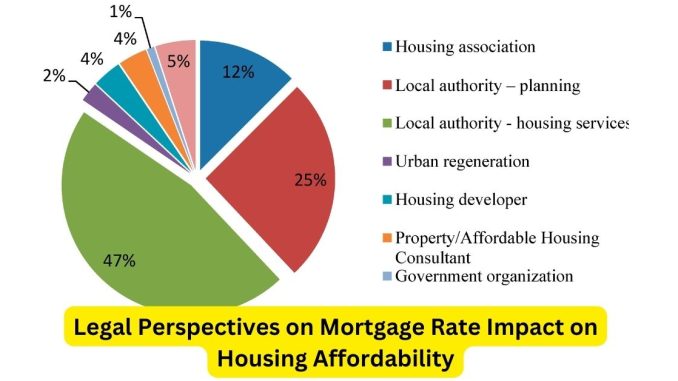
The intersection of mortgage rates and housing affordability is a critical consideration in the real estate landscape, impacting prospective homeowners, lenders, and legal professionals alike. As mortgage rates fluctuate, it is essential to understand the legal perspectives that shape the dynamics of housing affordability.
From a legal standpoint, housing affordability is closely tied to lending practices and regulations. Mortgage rates influence the cost of borrowing, and legal frameworks, such as the Dodd-Frank Wall Street Reform and Consumer Protection Act, play a crucial role in regulating lending practices to ensure fair and transparent transactions. Attorneys specializing in real estate law are integral in navigating the legal complexities to strike a balance between accessible homeownership and responsible lending.
One legal consideration is the potential for discriminatory lending practices that could disproportionately affect certain demographic groups. The Fair Housing Act prohibits discrimination in housing-related transactions, including mortgage lending. Legal professionals play a key role in monitoring and addressing any disparities in lending practices that may arise as a result of fluctuations in mortgage rates, ensuring that access to homeownership remains equitable for all.
Consumer protection laws also come into play when examining the impact of mortgage rates on housing affordability. Attorneys work to safeguard the rights of homebuyers, ensuring that lenders provide clear and accurate information about loan terms, fees, and potential adjustments tied to interest rates. Transparency in lending practices is crucial, and legal professionals play a vital role in holding lenders accountable for compliance with disclosure requirements.
As mortgage rates rise, legal considerations extend to contractual obligations between buyers and sellers. Attorneys often assist in renegotiating terms to accommodate changes in interest rates, emphasizing the importance of clear and legally sound contractual arrangements. Ensuring that these adjustments adhere to legal standards is essential for maintaining the fairness and enforceability of real estate transactions.
Title insurance, a crucial component in real estate transactions, also intersects with legal considerations during periods of fluctuating mortgage rates. Changes in interest rates may lead to modifications in financing terms, potentially impacting the associated title insurance. Legal professionals are instrumental in reviewing and ensuring that any adjustments to title insurance policies comply with legal requirements, protecting the interests of homebuyers and lenders alike.
In conclusion, the legal perspectives surrounding the impact of mortgage rates on housing affordability encompass a range of considerations. Attorneys play a pivotal role in upholding fair lending practices, addressing potential discriminatory actions, and ensuring that contractual arrangements and associated legal documents adapt to changing market conditions. By navigating these legal intricacies, legal professionals contribute to the delicate balance between making homeownership accessible and protecting the interests of all parties involved in real estate transactions.
Leave a Reply